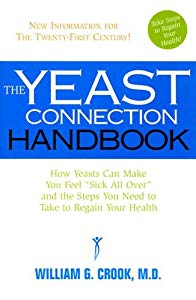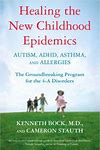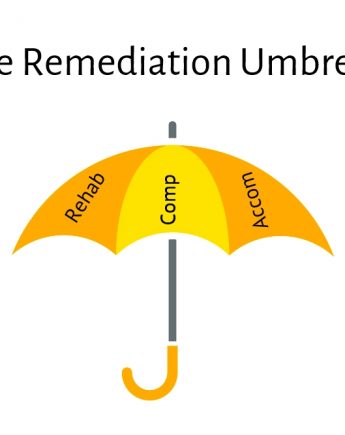The Most Common Toxin?
As I said in the last post, otitis media is the most common childhood illness. At least 80% of children experience OM. The most prescribed treatment for OM is antibiotics. This medication does not discriminate, it wipes out all biotics, the bad and the good. In order to maintain a healthy gut you need the good biotics. In the 1950’s Dr. Orian Truss began exploring ways of treating what he called “antibiotic syndrome” and published his book, “The Missing Diagnosis”. Candida yeast is this missing diagnosis, caused mainly by antibiotics. Leaky gut seems to be the result of poor gut …










